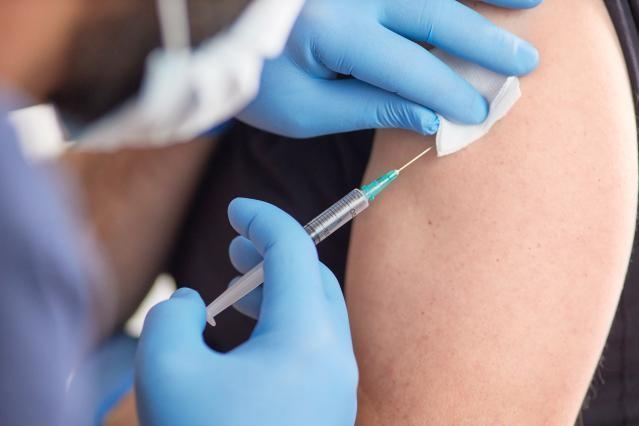Monkeypox cases have been rising across Europe, but those figures appear to be stabilising as of Tuesday, according to Belgium's public health institute Sciensano.
"The monkeypox epidemic appears to be more or less stabilising," said Koen Blot of Sciensano at a press conference on Wednesday. A total of 671 confirmed cases of monkeypox were reported in Belgium on Tuesday. "We now have to wait and see whether there will be a stagnation or even a decline in the figures."
As of Tuesday, 360 cases were found in Flanders (54%), 236 in Brussels (35%) and 75 in Wallonia (11%). While monkeypox is not a sexually transmitted disease it is spread through close contact.
So far, 1,153 vaccines have been administered in Belgium from a stock of 3,220 vaccines, but it is still unclear if the stabilisation in figures is due to the vaccination campaign. Due to the low vaccine supplies, some Belgians have taken to travelling across the border to get vaccinated in the Netherlands and France.
No silver bullets
"The vaccine is not a silver bullet," said Stefaan van der Borght, chairperson of the Risk Management Group (RMG), as infections may still occur even after vaccination. "Therefore, avoid contact with people who have the disease and limit your sexual contacts."
Related News
- Brussels opens info line on monkeypox from Monday
- Monkeypox infections rise exponentially, more than 35,000 global cases
- Monkeypox: Sole vaccine manufacturer unsure of meeting demand
Belgium's Superior Health Council is yet to advise on whether intradermal vaccinations should be used. While there is currently little scientific evidence to show how effective this type of vaccination is, some countries have nonetheless opted for this type of vaccination due to low monkeypox vaccine supplies.
For intradermal vaccinations, only one-fifth of the dose is required, but two doses in total are needed between four weeks.
Belgium has ordered 30,000 vaccines from Danish vaccine manufacturer Bavarian Nordic, which are expected to arrive in the autumn.

